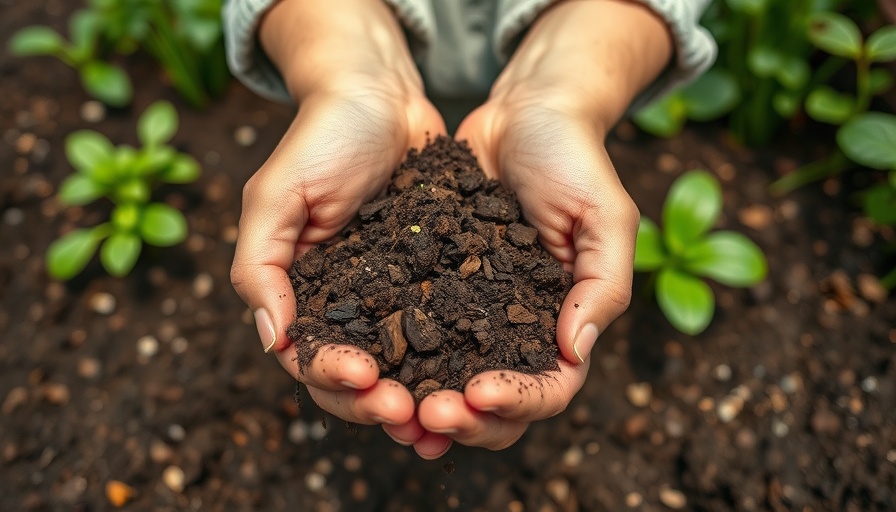
Digging Deeper: The Therapeutic Benefits of Gardening
In an age where mental health struggles are increasingly prevalent, engaging with nature can serve as a soothing balm for anxiety, stress, and depression. Gardening isn't just about growing plants; it’s a holistic activity that can significantly contribute to our mental well-being. A growing body of research indicates that the simple act of digging in the dirt can elevate mood, enhance cognitive function, and even improve overall physical health.
Connecting with Nature: How Gardening Boosts Mental Health
The therapeutic effects of gardening can be attributed to several factors. First, the act itself demands physical activity, which boosts endorphins—the body’s natural mood lifters. Second, tending to plants requires a degree of mindfulness, encouraging individuals to focus on the present moment and steer their thoughts away from stressors. According to studies, being in contact with soil, particularly the bacteria Mycobacterium vaccae, has been shown to increase serotonin levels, potentially leading to improvements in mood and reductions in anxiety.
Community and Gardening: Building Connections
Not only does gardening benefit individual mental health, but it also nurtures social connections and community support. Participating in community gardening initiatives allows people to bond with like-minded individuals and strengthen their neighborhood ties. This sense of community can further enhance one’s mental wellness by reducing feelings of isolation and loneliness. In cities like San Antonio, community health and wellness events often intertwine with gardening, making it a popular initiative for local residents.
Evidence-Based Insights: Gardening's Role in Health and Wellness
Departments like the American Psychological Association highlight the evidence supporting gardening as an aid for mental health. Multiple studies have found that individuals engaging in gardening reported lower levels of cortisol, known as the stress hormone, compared to those who did not garden. Furthermore, gardening can serve as an accessible form of lifestyle medicine, positioning it alongside exercise and healthy eating in discussions about optimal health and wellness practices.
The Lifelong Benefits of Gardening
Gardening advocates often share its long-term benefits, underscoring sustainable lifestyle choices. From enhancing one's diet with home-grown produce to providing a fruitful hobby, the advantages are plentiful. Furthermore, studies suggest that seniors who engage in gardening activities tend to experience improved physical mobility and cognitive abilities, leading to a more engaged and fulfilling life.
Practical Tips: How to Get Started with Gardening
If you’re new to gardening, consider starting with a few easy-to-grow plants. Herbs such as basil or mint are ideal for beginners and can be grown indoors or outdoors. Additionally, local farmer's markets often offer starter plants and can connect you with community health and wellness resources, which prioritize sustainability and organic gardening practices. Safety is also paramount, so utilizing natural pest control methods not only helps your plants thrive but also contributes to a more wholesome environment.
Shaping a Healthier Future
As we look to the future, it's essential to recognize and embrace the therapeutic benefits of gardening for mental wellness. Gardening can be a gateway for individuals to foster personal well-being and communal spirit simultaneously. The intersections of health and wellness, through activities like gardening, not only enrich our lives but also strengthen our communities, making them vibrant spaces of healing and connection.
By cultivating gardens, we’re also cultivating our mental health. It’s time to take action—pick up a trowel, plant some seeds, and dig into a world where the health benefits of gardening are yours to reap!
 Add Element
Add Element  Add Row
Add Row 



Write A Comment